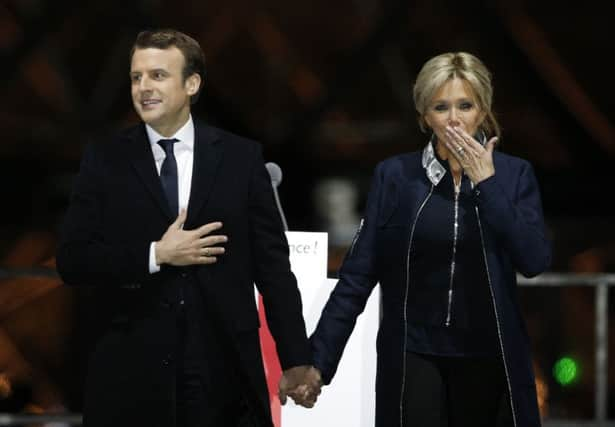The green Brexit can only mean more regulation


That philosophical start to a Saturday morning was the view of the radical French thinker, Jean-Jacques Rousseau back in 1762. It was the basis of his social contract about rights and responsibilities, and was one of the foundation blocks of modern European philosophy.
In case anyone thinks I have slipped back to my days at Queens, doing philosophy along with economics, there is a link to agriculture. Farmers must feel, thanks to the regulations they face, that they were ‘born’ to be free in terms of what they do in farming, but are everywhere wrapped in chains of red tape. Like death and taxes, the only certainty is that these chains will bind ever tighter in the years ahead. That will be the case whether we are in or out of the EU and the CAP. That might sound harsh, but the green Brexit to which the government is now committed can only mean more regulation and more frustration for farmers.
Advertisement
Advertisement
Time will tell whether that red tape will be better or worse outside the EU. However in the home land of Rousseau, France, farmers are about to face an ultra-green policy that could have a huge economic impact on the biggest agricultural producer in Europe – and the biggest beneficiary of CAP funding. France also has a track record for driving farm policy in the EU, so whatever happens in its farming industry has implications for agriculture elsewhere in the EU, and potentially also in the UK.
France has become the first EU member state, and possibly the world’s first major agricultural nation, to launch an all-out drive to reduce the use of agrochemicals, specifically pesticides. This policy is coming from the very top, in that it is the brainchild of its president, Emmanuel Macron, who is committed to delivering change across all aspects of French life. This is part of his commitment to a greener government, not only in agriculture but across society.
It was France that led EU opposition to the renewal of the licence for glyphosate. While it ultimately lost that battle, it did succeed in reducing the relicensing period from 15 to five years. However the Macron-led initiative now wants to go further, targeting all pesticides. Its aim is to limit their use and reduce agriculture’s dependence on them. It has an ambitious target of delivering a road-map by the end of March. It has already identified four key targets – speedy action to reduce the use of products deemed dangerous to people, wildlife or livestock, research on alternatives, research on the negative impact of these products and a new drive towards sustainable agriculture.
Surprisingly the main French farm union has suggested it could go along with the policy, provided it can be implemented without damaging farm businesses. If France does go down this road it raises a number of issues. One is whether, if it is successful in coming up with a plan, France can seek to turn this into an EU-27 policy. That is unlikely, but France has always called the shots on agriculture and green policies are popular in many other member states.
Advertisement
Advertisement
This would be a challenge to the Single Market, if France seeks to make its standards the basis for trade. It may not be able to do this within the EU-27, but it could do so with other countries, including the UK, outside the EU. That prospect, and the impact on domestic food sales, may be why the French farm unions are prepared to go along with this idea. Despite that it seems a strange policy for a country that wants to be a globally competitive exporter of crops like cereals that depend on the effective use of agrochemicals. Already European producers are struggling to be competitive against those using GM technology.
It remains to be seen, at the end of March, whether the French plan will be an aspirational one, or a document to drive early and radical change. Given the need for alternatives, without switching to GM crops, it may not be practical to make speedy progress without an unacceptable risk to French agricultural productivity. However the green lobby will see France as a blueprint for others. The newly-green DEFRA Secretary, Michael Gove, will inevitably come under pressure to adopt a similar approach, in parallel with his new green support plans and EU-27 topping animal welfare standards.